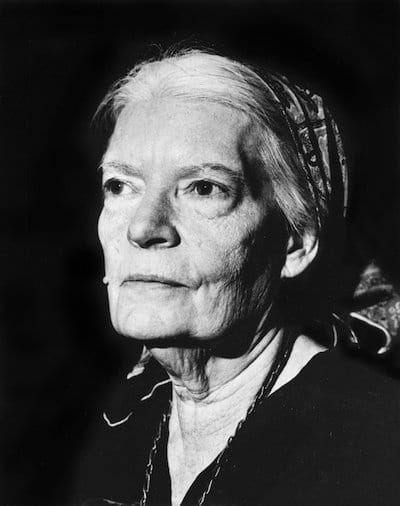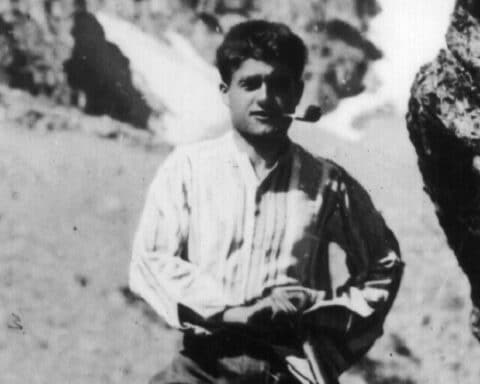(OSV News) It’s usually fathers who ask me, and usually — about two-thirds of the time — daughters they’re asking for. Their children want to become writers or journalists, and they ask me to tell them how to do that. (No one has ever asked me to talk to his child about becoming an editor.)
So, the more their kids had written, and the more concretely they talked about writing and wanted to talk shop, the more I encouraged them. If they talked only about being a writer, I gently pointed them toward some other work.
Some years ago, I ran a fellowship program for new college graduates to work at a magazine and learn the craft. It was a great gig and we got lots of applications. I needed some way to sort out the ones who needed a closer look. The rule I chose was that if you wanted to do something, you would have done it. Not always true, but usually true. And you would want to talk about it in the practical, detailed, talking-shop way the people who do it for a living talk about it. And — bonus points for this — you want to do it even if you don’t succeed.
This has a spiritual parallel.
We love to dream
It seems a common human failing that we often want to be something much more than we want to do the work that would make us the thing we want to be. We dream of ourselves as a particular kind of person, but we don’t dream of ourselves doing the work that would make us that person. I see this in myself.
Over my decades of writing and editing, I’ve met a lot of people who want to be a writer but don’t really want to write. They see themselves signing their books, and talking with admiring readers and opening messages from editors eager to publish their next title.
They don’t see themselves working day after day for months and months, slogging through all the tedious research, having to completely rewrite a large section when they found out they were wrong, missing many of life’s pleasures because they must meet their deadline, proofreading the manuscript over and over till they hate it.
They don’t see themselves doing the work as it’s actually done by real writers. And they really don’t see themselves wondering why their book didn’t sell and why even their friends didn’t read it. They don’t even imagine failure.

The tests
Here’s the spiritual parallel: You say you want to be saints. But have you lived in a way to make you holier? Do you see the work or only imagine yourself having done the work? Do you feel driven to do it, even when it’s hard? When it seems it won’t get you anywhere?
Do you care enough about the details of the way Catholics live the Catholic life? To put it another way, do you love to talk shop about it? How geeky about it can you get?
Does a good article about prayer excite you as much as a good article about politics or football or cooking? Does a story about a saint please you as much as a true crime story about a serial killer?
Our answers reveal how invested we really are in becoming saints.
Liking the look of ourselves
Again, I write of temptations and failings I know. I know how easy it is to decide that reading another book or writing another article is more important than praying, or that I should keep writing while I’m inspired and put off confession until next week.
We can see ourselves as a holy man or woman, and like the look of ourselves with a halo, but be less interested in praying more, fasting more, turning the other cheek, walking the second mile, giving what we have to the poor, or in general taking up our cross.
We can also find substitutes for actual holiness. The world provides a whole bunch. Like, doctrinal orthodoxy or progressivism, political correctness (right or left); like living by the rules (but not always all of them), and defining our degree of holiness by the extent to which we’re not like certain other people.
A reputation for “standing up for the truth!” or “defending the church!” can seem almost as good as having “St.” before our names. Hunting heresies and striking down error — however defined — can feel like it should bring us as close to God as prayer. We’re doing this — we tell ourselves — for Him.
Even if we are, all that won’t make us saints. If we really want to be saints, we do the work that (under God) will make us saints. Holy is as holy does.





